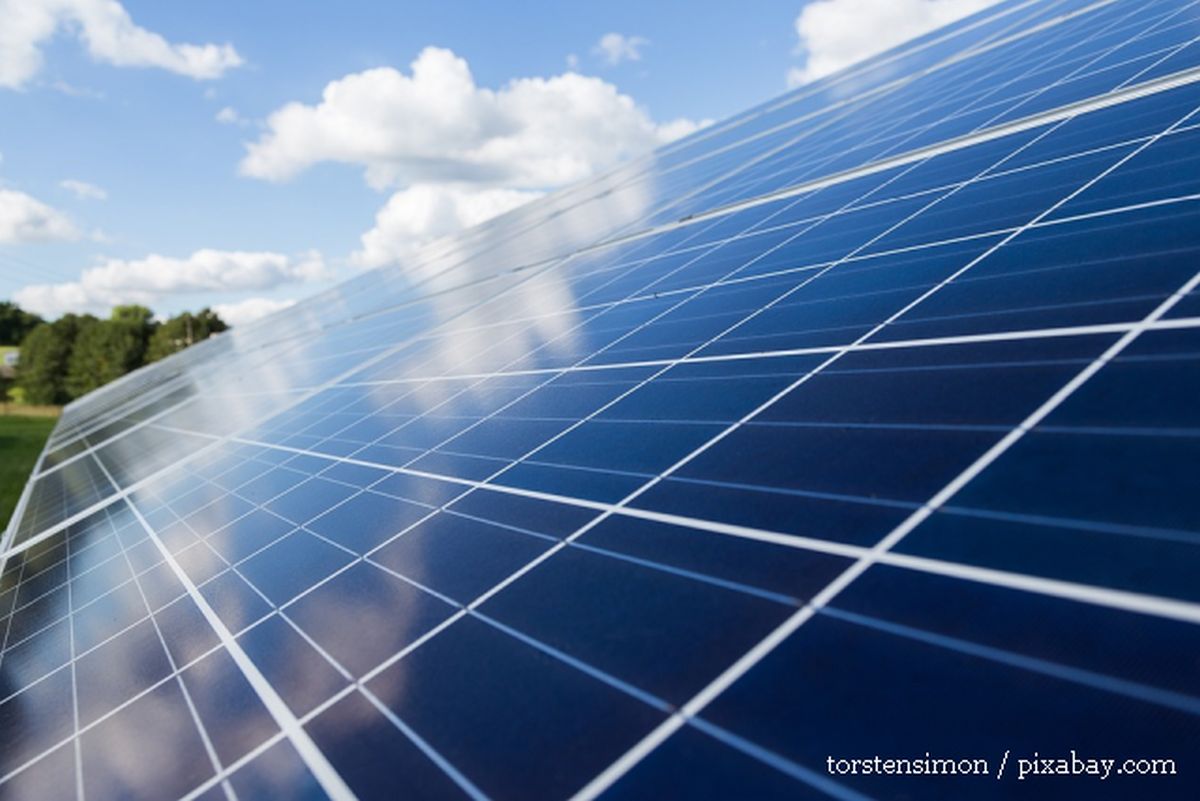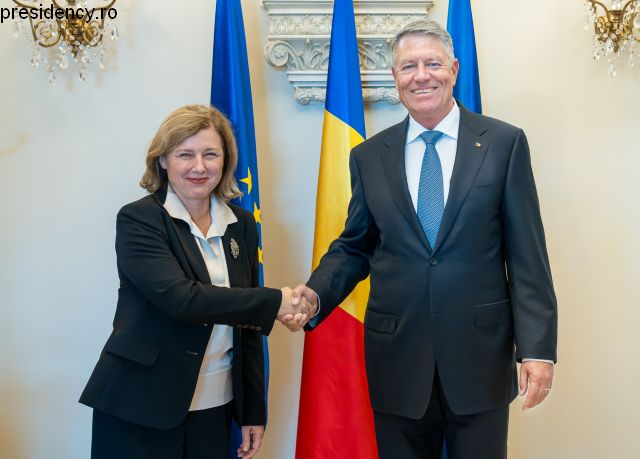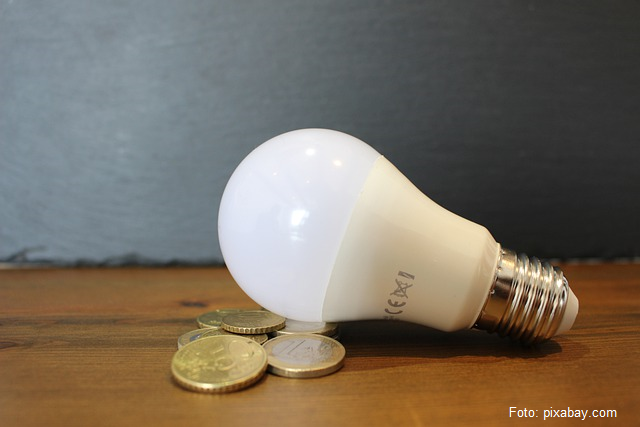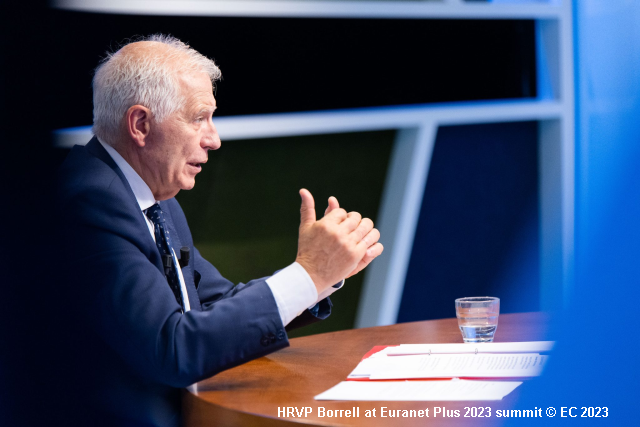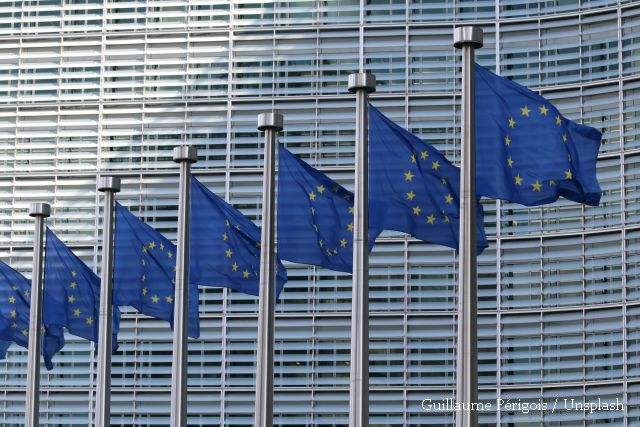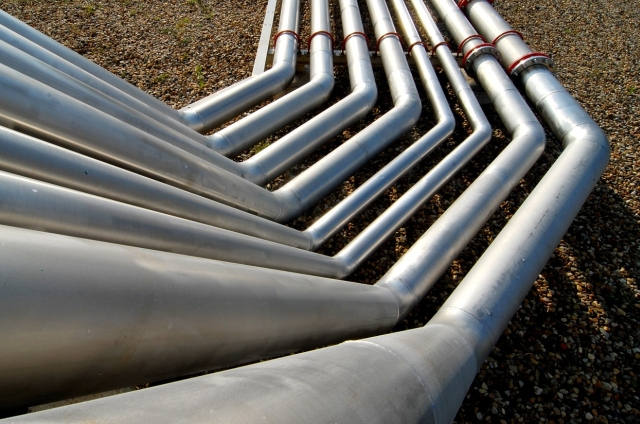On Wednesday, the European Commission approved a 3 billion Romanian State aid scheme to support onshore wind and solar photovoltaic installations to foster the transition to a net-zero economy. The scheme was approved under the state aid Temporary Crisis and Transition Framework, adopted by the Commission to support measures in sectors which are key to accelerate the green transition and reduce fuel dependency.
The measure will be open to projects for the construction and operation of new installations for the generation of electricity from solar photovoltaic and onshore wind.
The aid will be granted through competitive bidding procedures, before December 31, 2025.
According to the European Commission, the scheme guarantees a minimum level of return to the beneficiaries. Moreover, the scheme is necessary, appropriate and proportionate to accelerate the green transition and facilitate the development of certain economic activities.
Also for the transition to clean energy, the Romanian Senate has recently adopted a bill initiated by the Government that establishes the legal framework for the development of investments in the field of offshore wind energy in the Black Sea. According to the initiator, by promoting this project, Romania will maintain and strengthen its position as an important energy producer in the region and will have an active and significant role in the transition to clean energy at the level of the European Union.
We recall that the Ministry of Energy, referring to the World Bank estimates, has recently mentioned that Romania has an impressive potential for offshore wind energy, estimated at 76 GW of installed power, which indicates a favorable framework for the development of this renewable energy sector. At the European level, an analysis by the Fraunhofer Institute shows that last year, wind installations were responsible for 19% of all electricity produced in the EU, which helped the EU ensure half of its total electricity production from renewable sources.
According to Reuters, in its annual report, the WindEurope association described 2023 as the year of “significant improvement” in key areas of the European wind power sector, which faced difficulties in 2022 amid high inflation, interest rate hikes and volatility on the energy market, after Russia invaded Ukraine. Last year, according to official statistics, investments in offshore wind farms in Europe rose to 30 billion euros, compared to only 0.4 billion euros in 2022.
